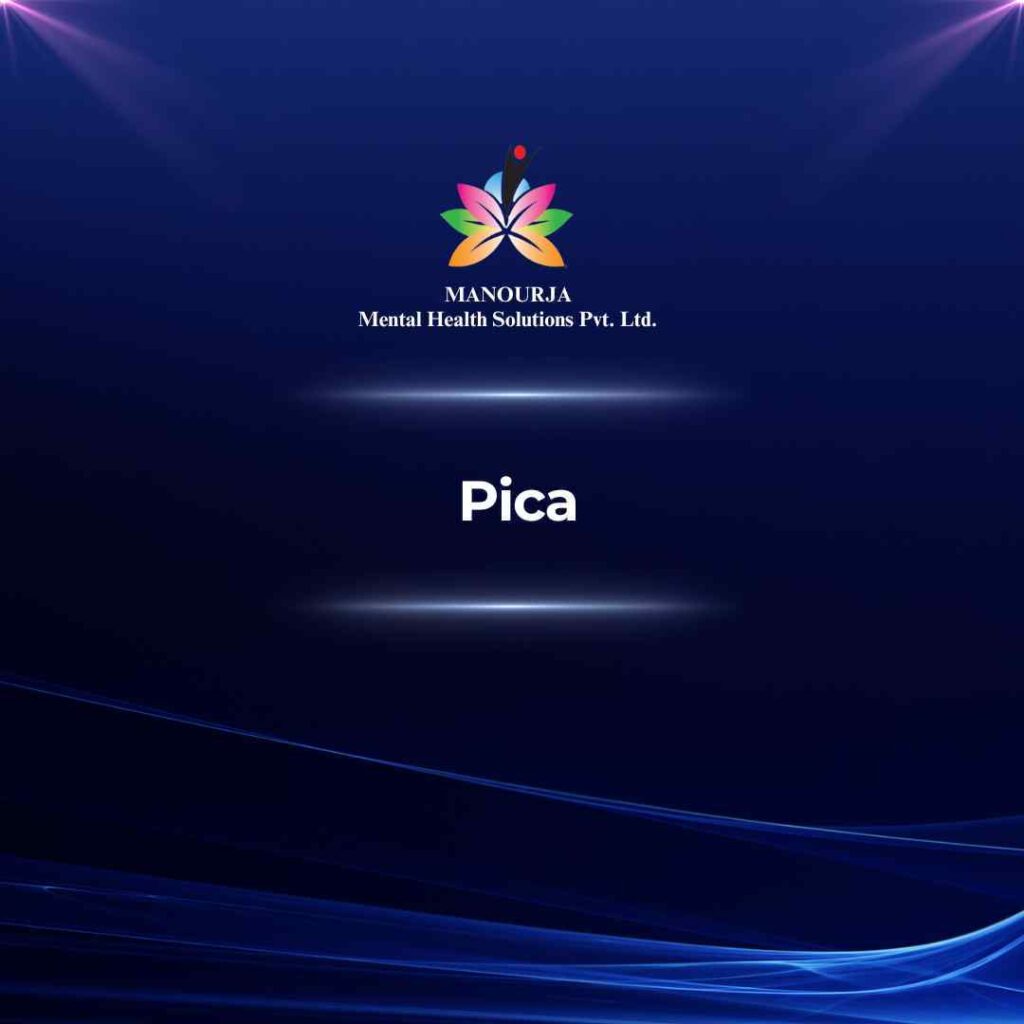Pica

Pica is a psychological disorder characterized by the persistent eating of substances that have no nutritional value. These substances can include items like dirt, clay, hair, paper, chalk, or other non-food materials. Pica is diagnosed when this behavior occurs often enough to be inappropriate for the developmental level of the individual and is not part of a culturally supported or socially normative practice.
Meaning
The term “Pica” comes from the Latin word for magpie, a bird known for its unusual eating behaviors. This disorder is seen more frequently in children but can also occur in adults, particularly in those with intellectual disabilities or other mental health disorders such as autism spectrum disorder.
Characteristics
- Consumption of Non-Food Items: The primary characteristic of Pica is the compulsive eating of non-nutritive substances.
- Duration: The eating of such items must persist for more than one month to fit the criteria for Pica.
- Health Risks: Individuals with Pica are at risk for poisoning, nutritional deficiencies, or infections from germs in dirt or other objects, as well as physical injuries such as intestinal blockage or tearing.
Forms of Pica
Pica can involve the consumption of a variety of non-food substances. Some of the most commonly eaten substances include:
- Dirt or Clay (Geophagy)
- Ice (Pagophagy, though often classified under pica due to its non-nutritive nature)
- Hair (Trichophagia)
- Paper (Xylophagia)
- Laundry Starch
- Chalk
Different forms of Pica are often associated with specific cultural or regional practices, and sometimes, specific deficiencies or disorders.
Treatment
Treating Pica often involves addressing both the behavior itself and any underlying causes or associated conditions. Treatment strategies include:
- Behavioral Interventions: These are the most common treatments and may include aversion therapy, where negative consequences are associated with eating non-food items, or positive reinforcement for eating appropriate foods.
- Environmental Changes: Reducing access to the non-food items can help decrease the behavior. This might involve childproofing environments or closer supervision.
- Education and Family Guidance: Educating the family about the dangers of Pica and strategies to manage it can be crucial, especially in cases involving children.
- Nutritional Support: If the Pica is linked to a nutrient deficiency, such as iron or zinc, addressing this through diet or supplementation can reduce the cravings for non-food items.
- Psychological Counseling: For some individuals, Pica is a manifestation of emotional or developmental issues. Counseling or psychotherapy can help address these underlying issues.
- Medication: While there are no specific medications approved for the treatment of Pica, medications may be prescribed to treat related symptoms or disorders, such as obsessive-compulsive disorder or a developmental disorder.
Treatment of Pica needs to be given to the individual, considering the person’s age, the severity of behavior, and any related mental health conditions. A multidisciplinary approach that includes medical professionals, mental health specialists, and dietitians often achieves the best outcome.
Given the potential health risks associated with the disorder, early intervention and comprehensive management are crucial for individuals with Pica to help them lead safer and healthier lives.
At MANOURJA, we believe in the transformative power of counseling. Our experienced therapists offer a safe and supportive space where you can explore your thoughts, emotions, and challenges. Through personalized counselling sessions, we’ll work together to develop coping strategies, build resilience, and achieve lasting positive change. Discover the path to a healthier, happier you with MANOURJA counselling services.
MANOURJA Rehabilitation Services
At MANOURJA, we’re dedicated to helping you in rebuild your life, after difficult times. Our rehabilitation services focus on understanding what you need to move forward, whether you’re recovering from addiction, trauma, or any psychological – social challenges. We create personalized plans, that are all about helping you, regain your strength and find hope again. With a caring team by your side, you’ll have the support to make real progress and take steps toward a brighter, healthier future.
